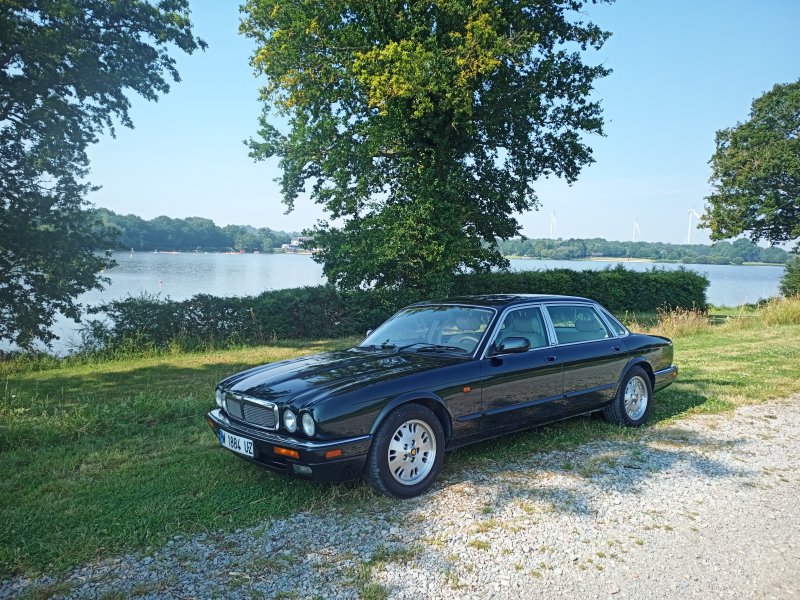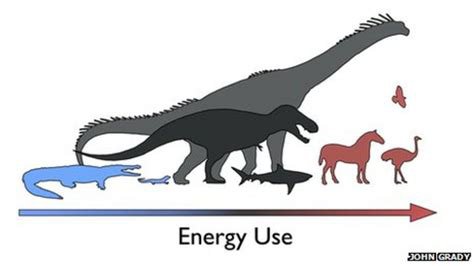I started this thread 3 years ago, and now my Audi E-Tron 55 Quattro is about to go back. So here's a quick end-of-term update. (This update is purely about fuel costs. Maybe I'll do another looking at the servicing/repair side of the running costs equation. And maybe another about the big issue - depreciation!)
Over these 3 years, it has covered 34,000 miles, at an average of about 2.5 miles per KWH.
With night-time charging with my Intelligent Octopus Go tariff, I'm currently paying about 8p per KWH. Giving a fuel cost of roughly 3p per mile, or £3 for 100 miles.
(My electricity was only 5p per KWH until the energy crisis, so it may have actually cost a bit less. But it's close enough.)
The new replacement, a Q4 E-Tron Black Edition, arrives on the 22nd Dec.
Looking at the stats for this car, we should average closer to 4 miles per KWH. Giving a fuel cost of around 2p per mile, or £2 for 100 miles.
As a silly comparison, if I do 100 miles in the Aston or Ferrari or Westfield, it costs about £65. Not good.
Slightly better, in either of the Maserati's or the 911, it's about £35-£40.
Better again, in the Rangie (which is a mild-hybrid), it's about £20.
Obviously a more sensible and economic modern diesel would be better again, maybe in the region of £10 to £15 for 100 miles.
So while the EV doubters will harp on about EV fuel costs now getting towards that of ICE vehicles, that's not my personal real-World experience. But of course, not everyone has the ability to only charge at home, or only at night. So not everyone will experience the same as me. But at £2 per 100 miles, not the (approximately) £30 of my other vaguely sensible car options, you can see why it's the EV Audi that takes the majority of the driving workload in my house.
Hopefully this is useful info for anyone thinking about adding an EV to their stable. (Though of course, there's more to think about than just fuel costs.)





